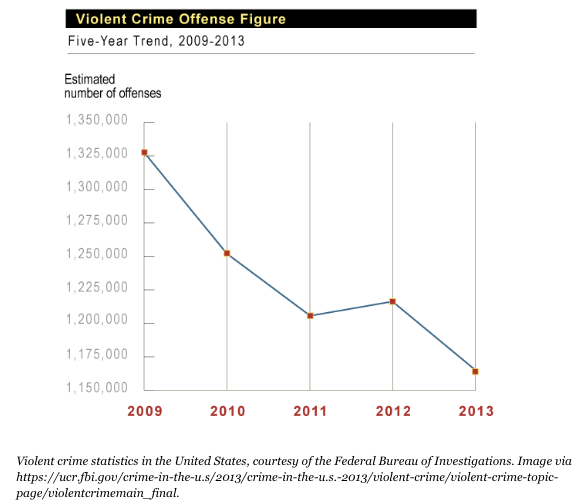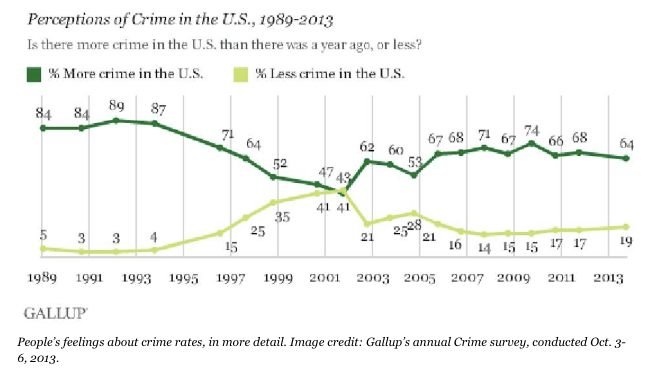Working in public policy can be rewarding, but it is increasingly frustrating. Progress is stalled due to:
· The lack of media attention to the coverage of policy issues (a new study by the Tyndall Report, just 32 minutes of nightly news programs have been dedicated to covering issues in 2016);
· The lack of an understanding by the public as to how the government works (or doesn’t work);
· The growing lack of civility; and,
· Maybe the worst of all, the denial of and lack of agreement on simple facts, evidence, reason, and science.
On this latter point, opinions must not be allowed to masquerade as facts. For example, President Obama was born in Hawaii and is a U.S. citizen. . .period. Unfortunately, according to a survey by Public Policy Polling (PPP), only 23 percent of voters who had a favorable opinion of Donald Trump in May 2016 believe the fact that Obama was born in the United States. A disturbing majority, 59 percent, falsely believed he was not born in the country.
While some Americans, including Texas political leaders, are spending their time spreading wacky conspiracy (and racist) theories related to Obama’s birth place, “terror babies,” or the Jade Helm 15 military takeover of Texasvia forwarded emails, social media memes, or even on live TV, the rest of America has to respond with links to articles from Snopes, PolitiFact, FactCheck.org, TruthOrFiction.com, and Urban Legends in an attempt to debunk all the myths and lies. Meanwhile, partisanship increases, discord rises, and the level of discourse declines.
Even worse, what is lost is a focus on real problems facing America, such as child poverty, which impacts 14 million children and is estimated to cost the U.S. economy more than $500 billion or a rational debate about something like border and immigration policy.
There are often actual facts we should embrace and accept. The earth is round. Immunizations save lives. Smoking causes cancer. Fluoride reduces cavities. And, there are no death panels in Obamacare.
We might disagree on how to address a public policy problem, but to allow demagogues to make up utter nonsense and parade it as the truth should be something we all reject. In fact, when it comes to a discussion about facts and evidence, it shouldn’t matter what people believe, think, feel, or prefer. While Ted Cruz might bear a resemblance to the Zodiac Killer, he is not the serial killer. In the PPP poll, 77 percent rightfully did not believe Cruz was the Zodiac Killer, but 5 percent thought he was guilty and another 18 percent were unsure, even though he would have been “in diapers” when the murders took place.
If people reject clear facts, there are simply wrong. If they do so to purposely mislead others, they are liars. While it is good to know that there are some people who are ill informed, we should not give those who purvey in fiction the opportunity to have their misinformation treated as equal to a fact. It undermines our democracy.
As an example, a few months ago, Newt Gingrich was presented with the fact that Donald Trump was ignoring the fact that violent crime in America was down.

However, Gingrich rejected that fact by pointing to the statistics in a few cities that crime was up. When the reporter pressed him though on the fact that crime is down overall in the country, he responded by saying, “That is your view,” as if facts are nothing more than opinions.

Gingrich added, “As a political candidate, I will go with how people feel, and I will let you go with the theoreticians.” So even worse, facts are now just theories?
HBO’s John Oliver took Gingrich to task over the profound difference between facts and feelings. Thank you John Oliver.
In addition, astrophysicist and author Ethan Siegel explains why Gingrich’s rejection of facts and embrace of how people “feel” is a major problem. As Siegel writes in Forbes:
There are three different lines of thinking he explores, and they should all terrify you.
1. The full suite of facts doesn’t say what you want it to say, so you pick out the few facts that support your non-factual position and talk about them.
2. The average American doesn’t think that the facts say what they actually say, and that alone should be a basis for both voting and policymaking.
3. And that what people feel about an issue is more important than what the actual facts behind the issue are.
So sure Newt, you can absolutely make the case that, even though violent crime rates have dropped dramatically over the last few decades, those rates are still too high and make people feel unsafe. However, don’t defend lies and your position by falsely arguing that violent crime isn’t down overall in the country (also, don’t ever wag your finger and engage in mansplaining to Megyn Kelly ever again. . .but I digress).
For our children, this matters greatly. Children do not have a voice in policy debates and rely on adults to do right by them. But sadly, if Facebook pages are any indication, far too many adults struggle with the ability to ascertain the difference between fact and fiction. This makes it increasingly difficult to have a real policy debate. For example, on the issue of water fluoridation, Siegel writes:
If you think there shouldn’t be fluoride in the water, you’re going to point towards reduced cavity rates as general dental health has improved even in non-fluoridated areas. It won’t matter if fluoridation improves tooth health more, if the improvements are seen across the board or if lower-income children are helped the most.
Ira Glass highlighted the lack of agreement even on the facts and the threat it poses to our democracy on NPR’s This American Life. He said:
The presentation of facts is seen as partisan opinion, and then every day a barrage of untruths are presented as truth, and we’re just supposed to suck it up. That’s the moment we live in. That’s our country right now. And this is going to continue after this election, no matter who wins. Like, this is the rest of our lives, I think, this post-truth politics. With so many of us getting our news from social media and from sources that we agree with, it’s easier than ever to check if a fact is true, and facts matter less than ever.
Alex Nowrasteh of the Cato Institute adds:
It’s incredibly depressing to see people base their policy opinions on things that just simply are not true — that are basically just myths. To say otherwise — to state what the facts otherwise are — gets you labeled a traitor, or gets you labeled sort of anti-American, or gets you labeled a socialist, all things which I am not, absolutely not. So it’s depressing, and it’s hard to fight against.
And yet, for our democracy, we all bear a responsibility to make facts matter again. Siegel concludes:
Whether “you’re with her,” you want to “make America great again,” you support a third-party candidate or you’re going to sit this election out, facts remain facts, and it’s up to all of us to value what’s actually real. Don’t let anyone mislead you out of the truth.
